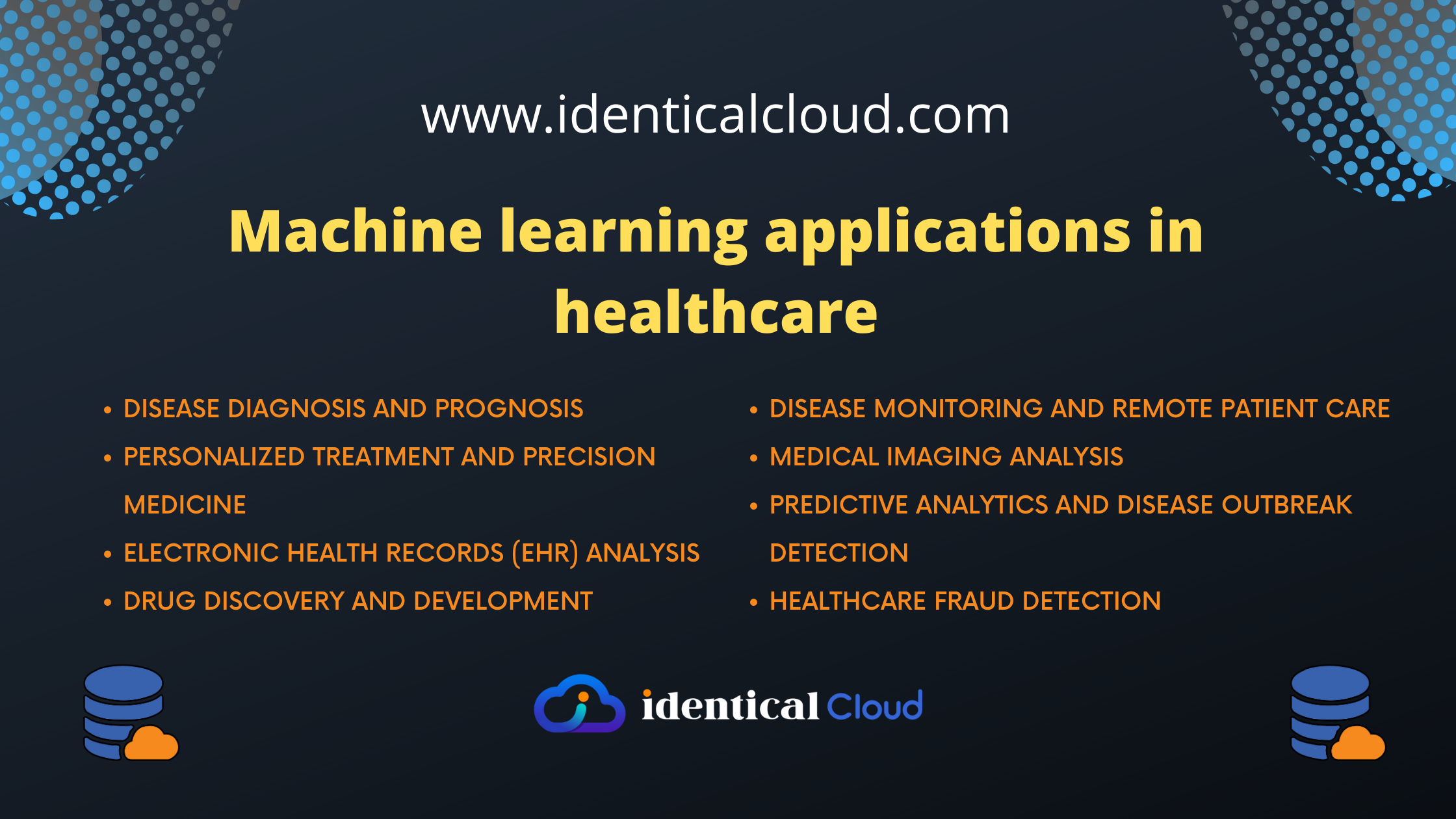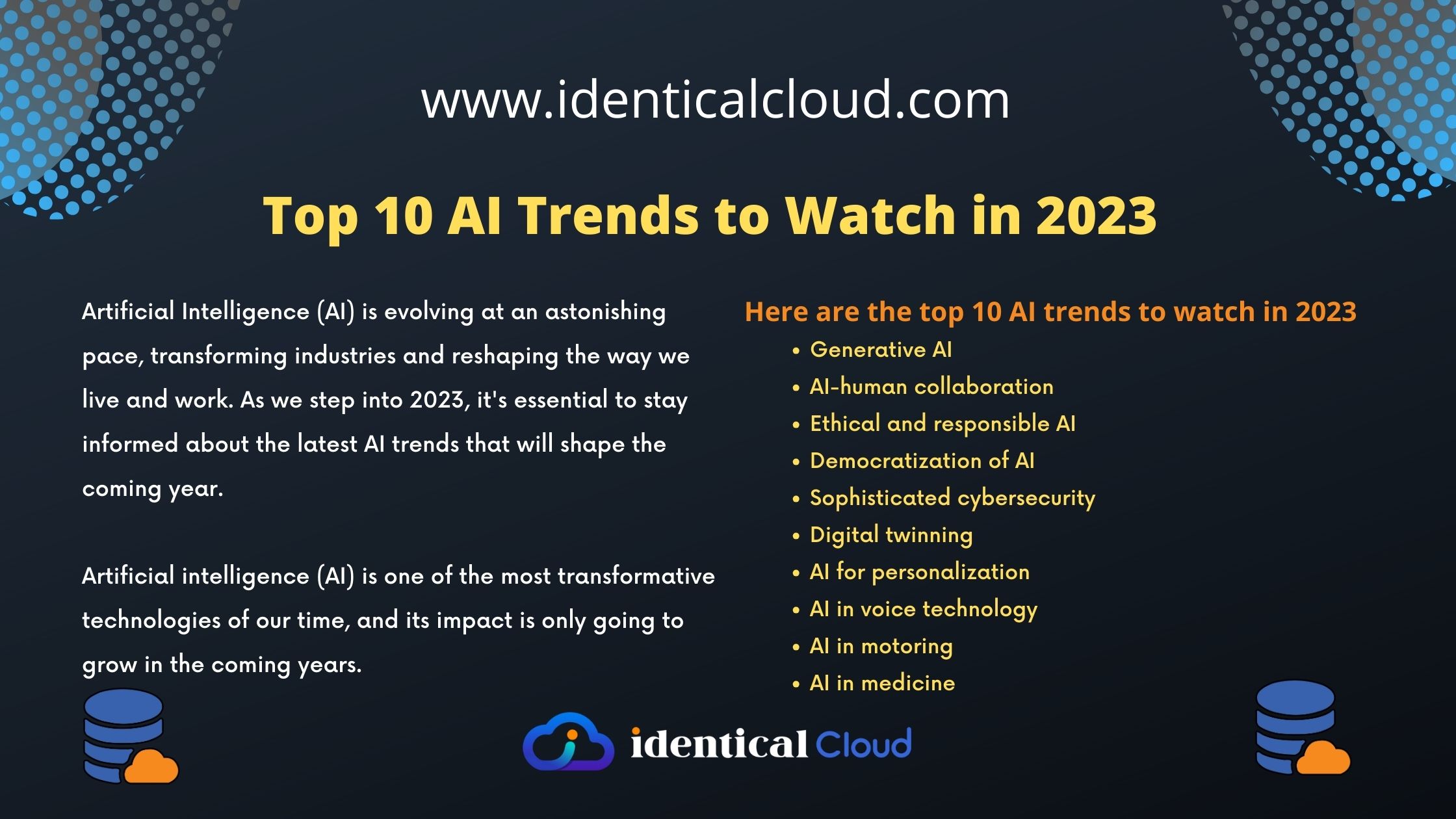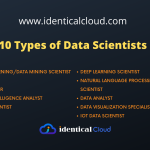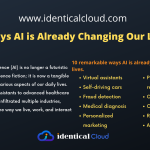
Machine learning applications in healthcare
Machine learning applications in healthcare
Machine learning (ML), a subset of artificial intelligence (AI), has emerged as a powerful technology with transformative potential in the healthcare industry. With its ability to analyze vast amounts of medical data and identify patterns, machine learning is revolutionizing various aspects of healthcare, from disease diagnosis and personalized treatment to drug discovery and patient monitoring. In this blog post, we will delve into the diverse applications of machine learning in healthcare and explore how it is shaping the future of medicine.
Disease Diagnosis and Prognosis
Machine learning algorithms have shown remarkable success in diagnosing diseases and predicting patient outcomes. By analyzing medical images, such as X-rays, MRIs, and CT scans, ML models can identify patterns and anomalies, aiding in the early detection of diseases like cancer, cardiovascular disorders, and neurological conditions. ML algorithms can also integrate patient data, including medical history, genetic information, and lifestyle factors, to predict disease progression and tailor treatment plans accordingly.
Personalized Treatment and Precision Medicine
Machine learning enables personalized treatment approaches based on individual patient characteristics. ML algorithms can analyze patient data, including genetic information, biomarkers, medical records, and treatment outcomes, to develop tailored treatment plans. These models can assist in selecting the most effective therapies, predicting drug responses, and minimizing adverse effects. Machine learning also plays a crucial role in precision medicine by matching patients to clinical trials and identifying novel therapeutic targets.
Electronic Health Records (EHR) Analysis
Machine learning helps unlock valuable insights from electronic health records (EHR) by extracting and analyzing structured and unstructured data. ML algorithms can identify patterns and correlations within EHR data to improve clinical decision-making, enhance patient outcomes, and streamline healthcare operations. By leveraging natural language processing (NLP) techniques, ML models can extract relevant information from clinical notes, radiology reports, and pathology reports, enabling comprehensive analysis and facilitating research.
Drug Discovery and Development
Machine learning accelerates the drug discovery and development process by aiding in target identification, lead optimization, and toxicity prediction. ML algorithms can analyze vast amounts of chemical and biological data to identify potential drug candidates and assess their efficacy and safety profiles. By predicting molecular properties, binding affinities, and side effects, ML models help prioritize compounds for further testing, reducing the time and cost involved in bringing new drugs to market.
Disease Monitoring and Remote Patient Care
Machine learning enables remote patient monitoring and facilitates proactive healthcare interventions. ML algorithms can analyze data from wearable devices, sensors, and other medical devices to monitor patients’ vital signs, detect anomalies, and predict health-related events. These models can alert healthcare providers to potential issues and enable timely interventions, reducing hospital readmissions and improving patient outcomes. ML-based systems also support telemedicine, enabling remote consultations and personalized healthcare delivery.
Medical Imaging Analysis
Machine learning has revolutionized medical imaging analysis by enhancing diagnostic accuracy and efficiency. ML algorithms can analyze medical images, such as mammograms, CT scans, and histopathological slides, to detect abnormalities, classify lesions, and assist radiologists in making more accurate diagnoses. Deep learning techniques, such as convolutional neural networks (CNNs), have shown significant success in tasks like tumor segmentation, image classification, and image-based disease prognosis.
Predictive Analytics and Disease Outbreak Detection
Machine learning algorithms play a crucial role in predictive analytics, forecasting disease outbreaks, and public health planning. By analyzing healthcare data, demographic information, environmental factors, and social media feeds, ML models can predict disease spread, identify high-risk populations, and guide resource allocation. ML-driven surveillance systems can detect early signs of disease outbreaks, facilitating timely public health interventions and minimizing the impact on communities.
Healthcare Fraud Detection
Machine learning algorithms aid in detecting healthcare fraud and abuse by analyzing claims data and identifying patterns indicative of fraudulent activities. ML models can detect anomalies, patterns of misuse, and billing irregularities, helping healthcare organizations prevent financial losses and improve the integrity of their operations. These algorithms enable proactive monitoring and assist in identifying fraudulent providers, suspicious billing practices, and potential healthcare fraud networks.
Machine learning is revolutionizing healthcare by enabling data-driven decision-making, personalized treatment, and improved patient outcomes. From disease diagnosis and personalized medicine to drug discovery and healthcare operations, ML algorithms are transforming various facets of the healthcare industry. By leveraging vast amounts of medical data and computational power, machine learning has the potential to revolutionize medical practices, enhance patient care, and contribute to the advancement of medical research.
As machine learning continues to evolve, it is crucial for healthcare professionals and researchers to embrace this technology and leverage its capabilities to address complex medical challenges, reduce healthcare costs, and pave the way for a more personalized and efficient healthcare system.







